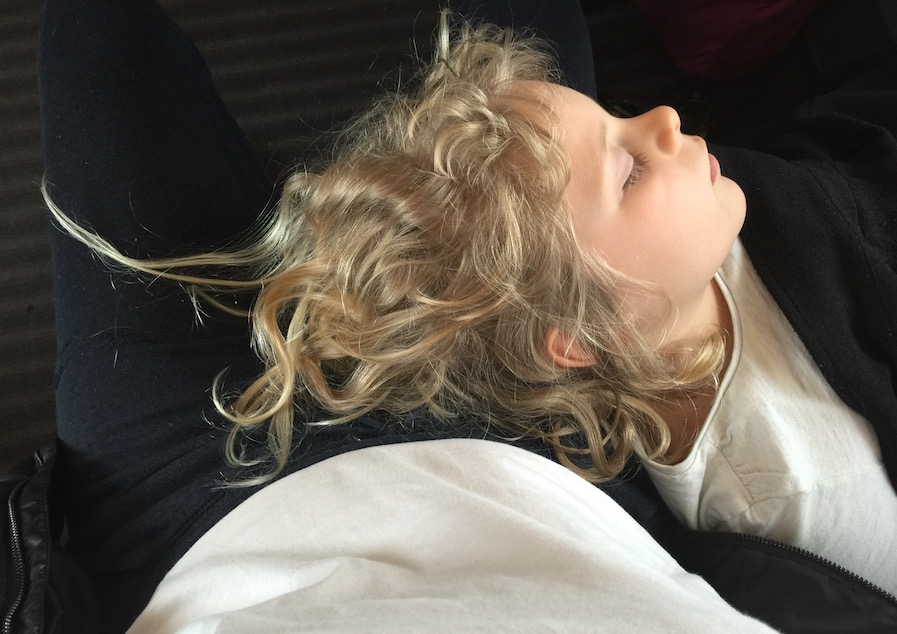Interview with the curators
ATP: How was your collective born? How did you meet?
IICD: If I Can’t Dance, I Don’t Want To Be Part Of Your Revolution was founded in 2005 in the Netherlands by three curators: Annie Fletcher, Tanja Elstgeest and myself, Frédérique Bergholtz. Each of us had been individually approached to curate a visual arts program in the context of a theatre festival in the Netherlands. Upon realising this, we decided that instead of working in competition with each other, it would be a good idea to pool our resources and collaborate together. From this we collectively took up the challenge of thinking about visual art within a context that embraces performance-based practices such as theatre, music and dance. To do this we borrowed the model of collaborative working from the theater as a starting point, and invested in an elaborated program that saw commissioned artists develop projects through their very enactment, at each event and location over time. We named this first program If I Can’t Dance, I Don’t Want To Be Part Of Your Revolution. The title has since stuck and become the name of our collective. Along with all of the founders, If I Can’t Dance has also been an important development point for a number of curators and producers who have passed through across its ten years and counting. These include Tanja Baudoin, Maaike Gouwenberg, and Vivian Ziherl. Susan Gibb and I are the curators of the current program, Edition VI – Event and Duration (2015—2016).
The anarchist Emma Goldman’s famous quote “If I can’t dance, I don’t want to be part of your revolution” is a source of inspiration for us, as it suggests that a search for agency and potential for empowerment can be found in all elements of life. It is not something that can be regulated to a firmly cordoned-off arena named the political. It is embedded and reflected in art too. This quote is a paraphrase of Goldman’s original statement, with this particular wording becoming popularized during the feminist movements of the seventies. It appeared on t-shirts, buttons, and bumper stickers, as part of the renewed interest in historical feminist practices. Such an interest in feminist legacies and their potentials is the other red thread, alongside performance, that runs through all that If I Can’t Dance does, its structure and program choices.
ATP: You say about your way of working that it’s like contemplation interrupted by action, as you intend actions like moments that enable public exchange: what kind of exchange did you receive in the past, and what do you expect from Artissima’s audience?
IICD: At If I Can’t Dance we aim to be attentive to the different times that constitute the production and reception of performance.
Within this interest we characterize our activity as being typified by an ongoing process of research—of ‘contemplation’—segmented by moments of presentation at subsequent venues enabling public exchange—opportunities for ‘action’.
This is most easily explained by our Edition structure, which sees us commission artists and researchers to develop and produce a major new work over a two-year period. We work very closely with the artists and researchers on these productions, with each commission involving periods of research and experimentation in order for the ideas to take form. Within each of the two year Editions, public presentations of works are matched to the tempo that is required for each of the productions and to what each moment of public exchange can offer the artist and the development of their work. For some artists multiple presentations are valuable and can include showings of the work in progress or the production of a number of new works, and for others it involves a longer period of research and development in the studio before something is presented. In this way each of the projects follow their own individual trajectory, with us allowing room for diversions, u-turns, reconsiderations and pauses when required.
The two-year Editions are also complemented by a field of research, which is defined and pursued through If I Can’t Dance’s ongoing curatorial research into the typology of performance and performativity in contemporary art. So far these fields of research have included: Theatricality and the Live Moment; Feminist legacies and their potentials in contemporary art; Masquerade; Affect; Appropriation and Dedication; and currently, Event and Duration. We make public our research into these themes through a monthly Reading Group in Amsterdam and three sister cities—New York, Sao Paulo, and Toronto. The Reading Groups lead to the publication of a collectively complied reader at the end of each Edition.
Our attention to these quieter more introverted moments of production and thinking, can also be seen as a defining feature of the critical position within the field of performance and contemporary art that we try to hold. This is particularly as today ‘performance’ permeates our lives on many levels, such as the pressures of self-performance or economic performance, and has become intimately tied to capitalist logics of visibility, scale, productivity and value, which often follow a linear trajectory of growth. And while we do aim to nurture the development of artists and their works, we are trying to do this in a way that is open to multiple registers of what this could be, to allow for questions, failures, the unassuming and tentative, as well as the spectacular and the self assured. Maybe you could say that it is an argument that giving time—not simply taking or occupying it—is an important part of what performance is.
As we normally produce new performance related works, for Artissima we have curated a programme of mostly existing performances (Dina Danish and The Mondrian Fanclub will produce new work) though the term ‘new’ is again nuanced with performance, as in each iteration a performance comes to live again and potentially changes.
Giovanna Repetto


